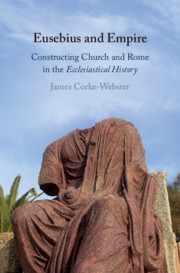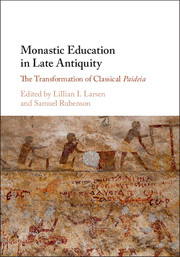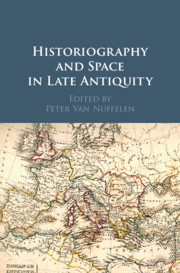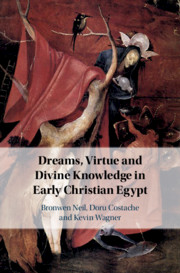Eusebius and Empire
Eusebius' Ecclesiastical History, written in the early fourth century, continues to serve as our primary gateway to a crucial three hundred year period: the rise of early Christianity under the Roman Empire. In this volume, James Corke-Webster undertakes the first systematic study considering the History in the light of its fourth-century circumstances as well as its author's personal history, intellectual commitments, and literary abilities. He argues that the Ecclesiastical History is not simply an attempt to record the past history of Christianity, but a sophisticated mission statement that uses events and individuals from that past to mould a new vision of Christianity tailored to Eusebius' fourth-century context. He presents elite Graeco-Roman Christians with a picture of their faith that smooths off its rough edges and misrepresents its size, extent, nature, and relationship to Rome. Ultimately, Eusebius suggests that Christianity was - and always had been - the Empire's natural heir.
- Presents a radical new reading of our main narrative source for early Christianity
- Explores how Christian history was rewritten in the fourth century to suit its changing circumstances in the Roman Empire
- Fundamentally re-assesses our view of the literary ability of Eusebius and so makes an important contribution to the study of early fourth-century literary culture
Reviews & endorsements
'... this award-winning monograph is a tour-de-force. It builds upon previous generations of scholarship while charting a new and intriguing direction in approach to the EH. It takes Eusebius seriously as an innovative literary genius capable of the sophisticated argument that Corke-Webster meticulously extracts from the EH.' Mark DelCogliano, Studies in Late Antiquity
Product details
January 2019Hardback
9781108474078
360 pages
235 × 160 × 22 mm
0.64kg
Temporarily unavailable - available from TBC
Table of Contents
- Part I:
- 1. Eusebius, of Caesarea
- 2. The Ecclesiastical History
- Part II:
- 3. Christian intellectuals
- 4. Christian ascetics
- 5. Christian families
- 6. Christian martyrs
- Part III:
- 7. The Church
- 8. The Church and Rome.









